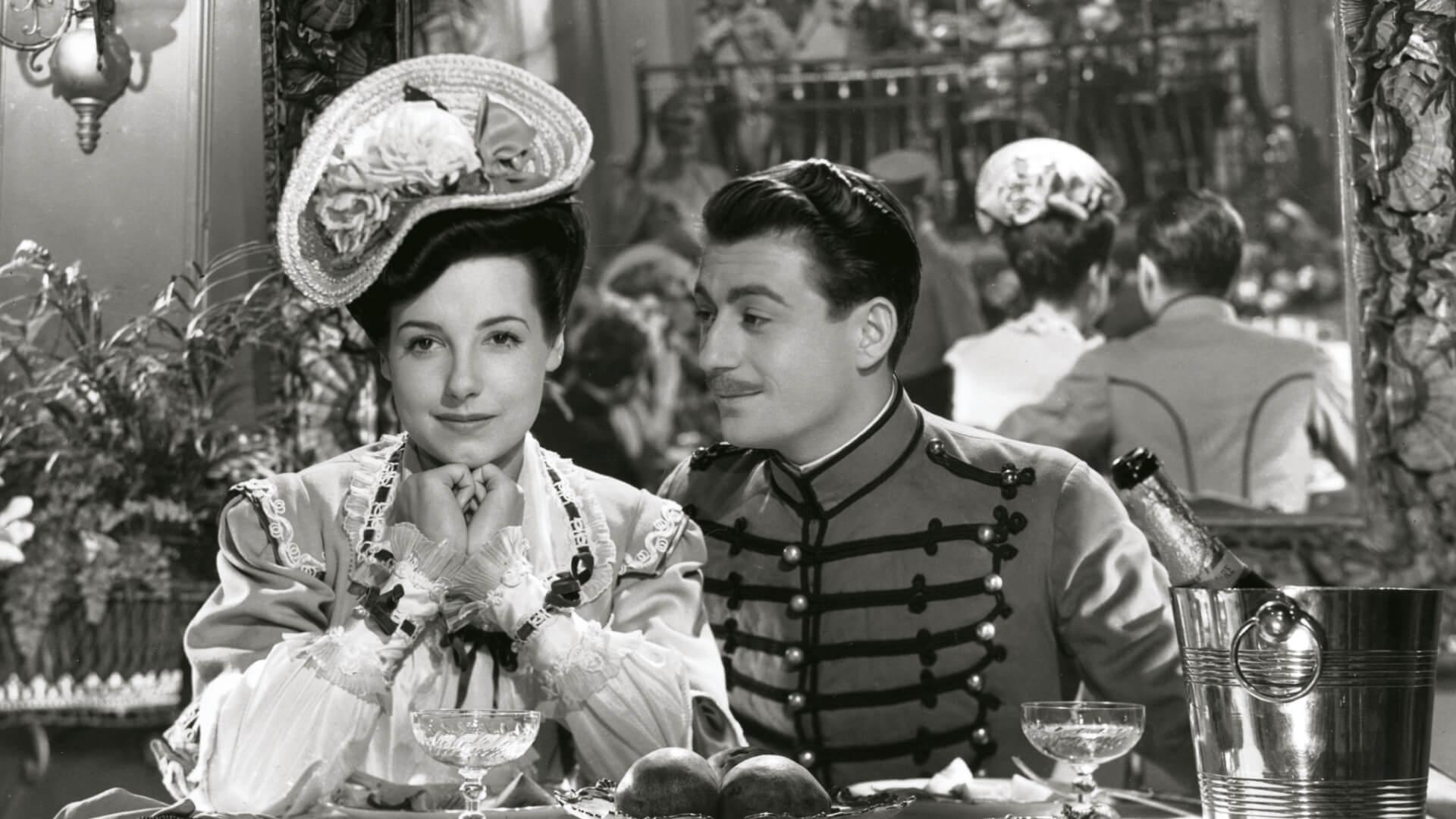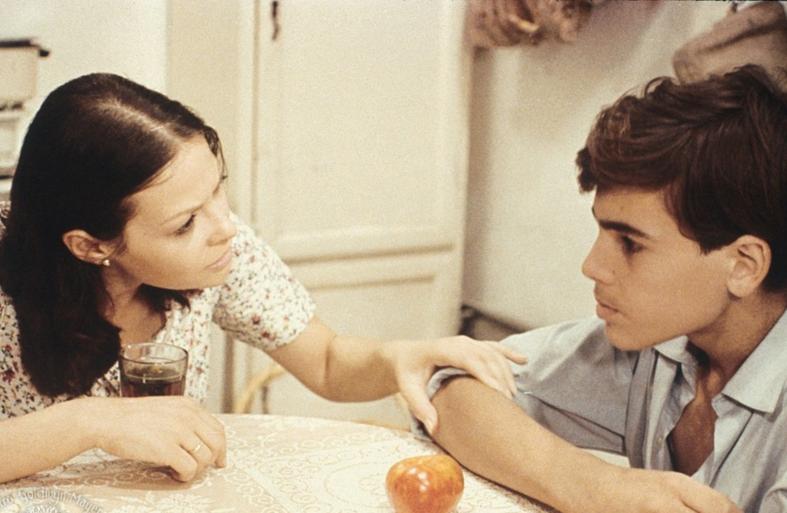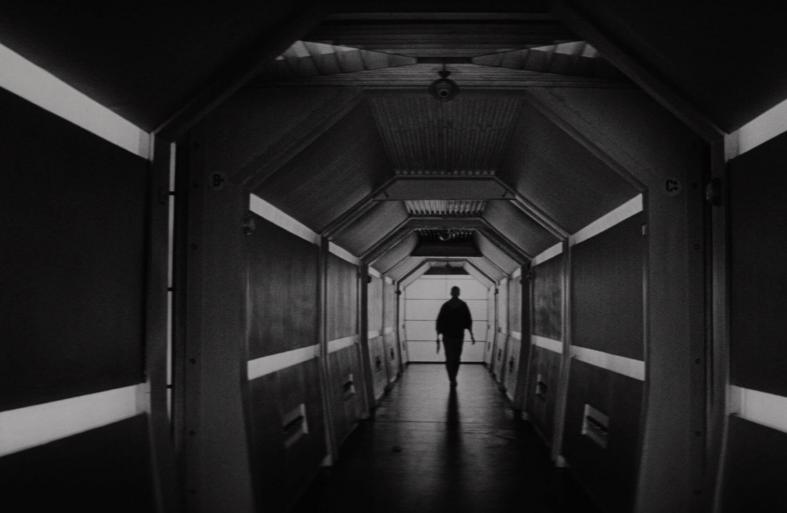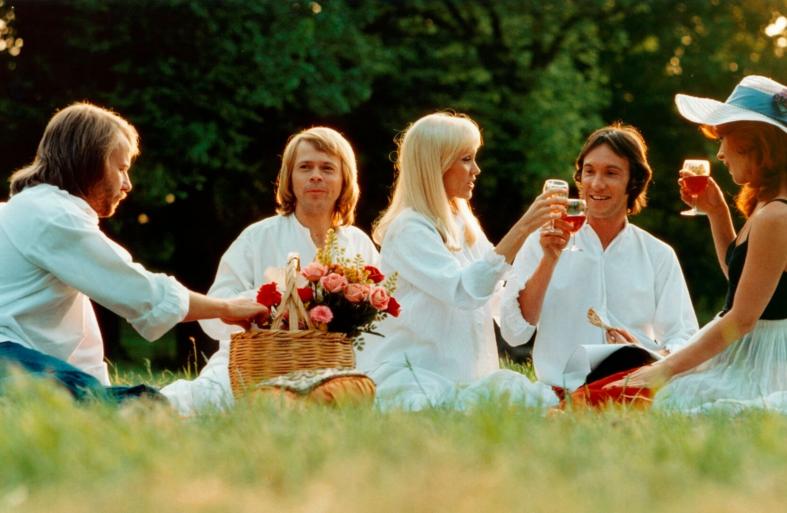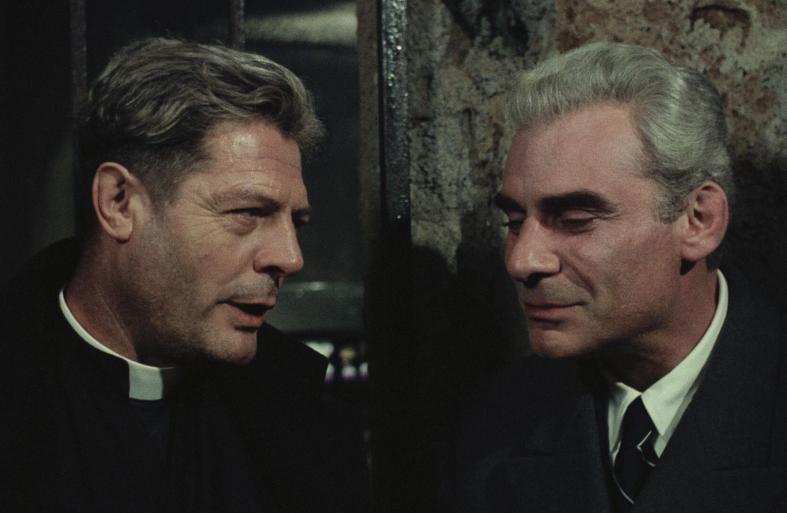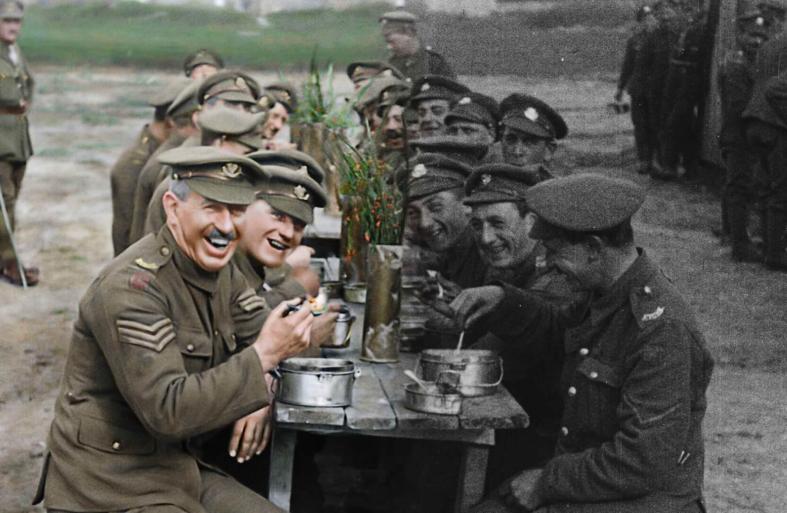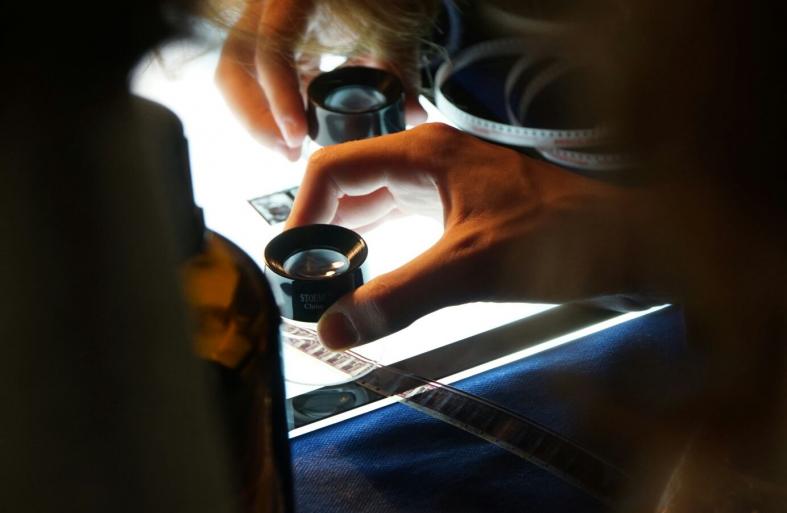For more than a century, cinema relied on raw physical material, the film, the same long celluloid stripes on which the picture and the soundtrack were embedded. As film is a physical and perishable material - many movies have been inaccessible. The surviving copies were of poor quality: scratched, faded, and sometimes fragmented.
But in the last decade cinema has been undergoing a revolution. Film is replaced with a new material, the digital file. As part of the momentum of this revolution, thousands of old films are being poured into this new format. Copies of the negative - the source - in which the films were created, are taken from archives around the world. These copies are scanned into the digital format, corrected and cleaned, matched, and re-packaged into new projection format. This revolution is taking place now, too, at the Jerusalem Cinematheque. The Israel Film Archive has been equipped with a digital lab and is in the midst of a tremendous project to transform the entire Israeli cinema collection into this new format, for its preservation and accessibility.
These moves are taking place all over the world, and the festival we will be presenting at the end of June comes to celebrate these new possibilities. This is an opportunity to meet with films from all over the world - masterpieces that can finally be screened in the best quality possible, new prints created on the basis of old archive films, and rare films that suddenly receive attention and expose new and longstanding artists.
Cinema is a young art, but in its 120 years many pearls have remained hidden: some familiar, others less so, but that are nonetheless interesting to encounter. We invite you to join us on a fun and surprising journey to these treasures, some rediscovered, some revisited, with new digital quality.
